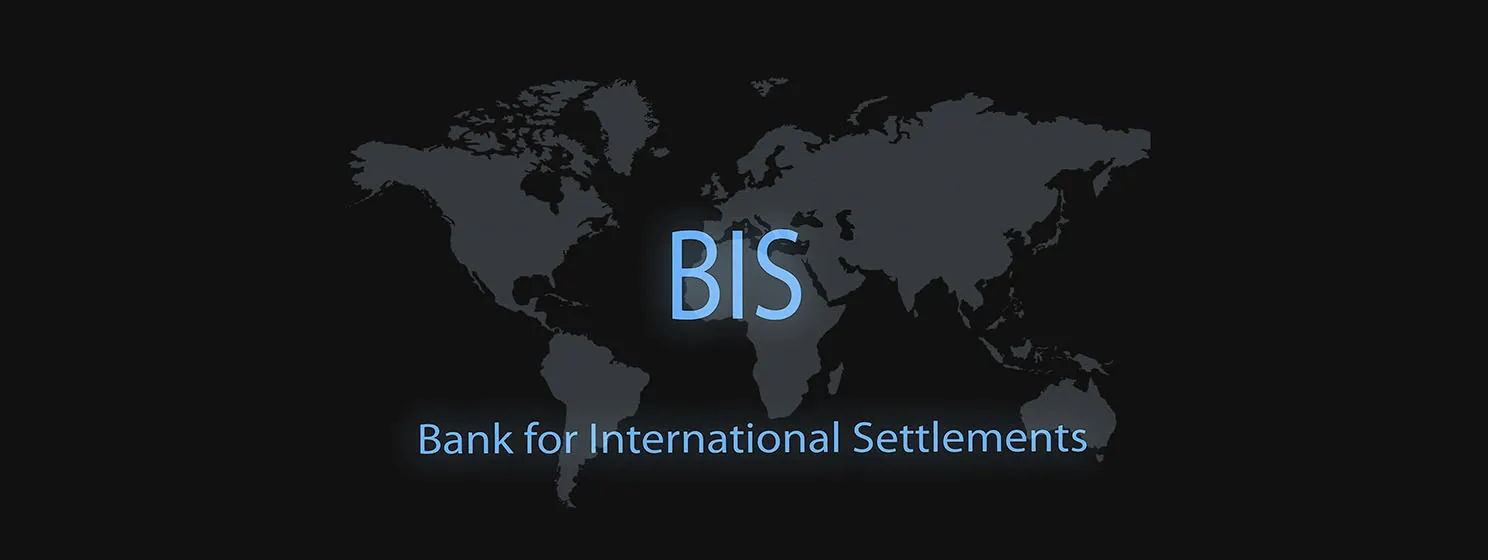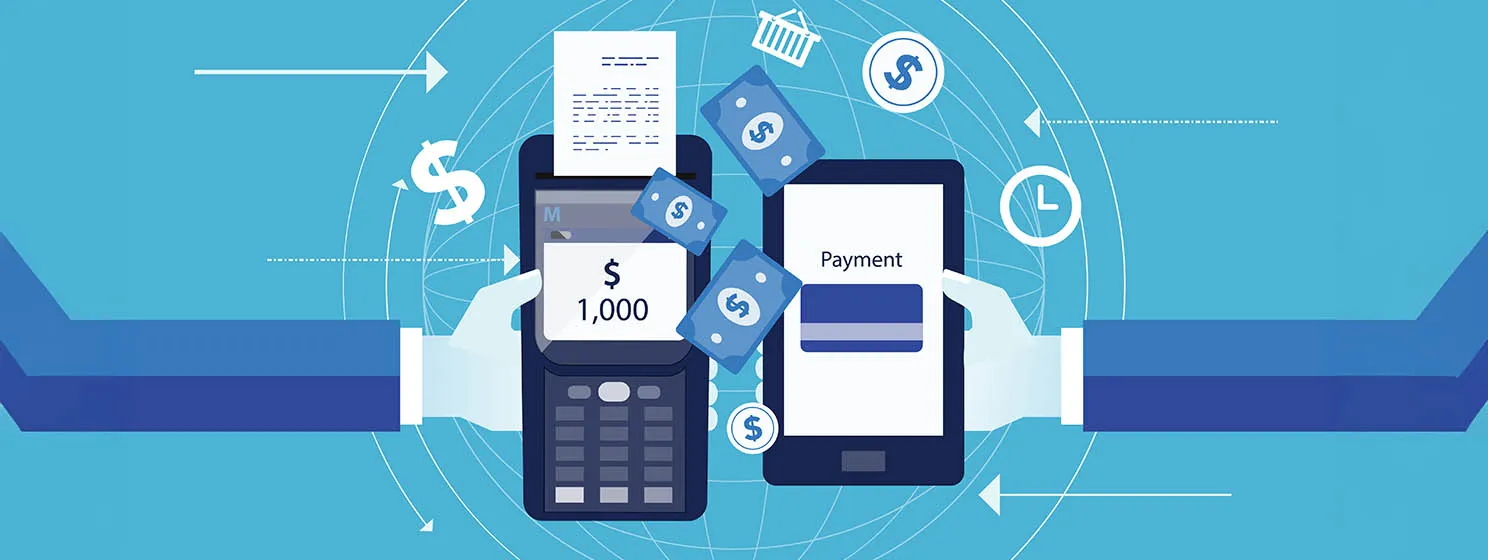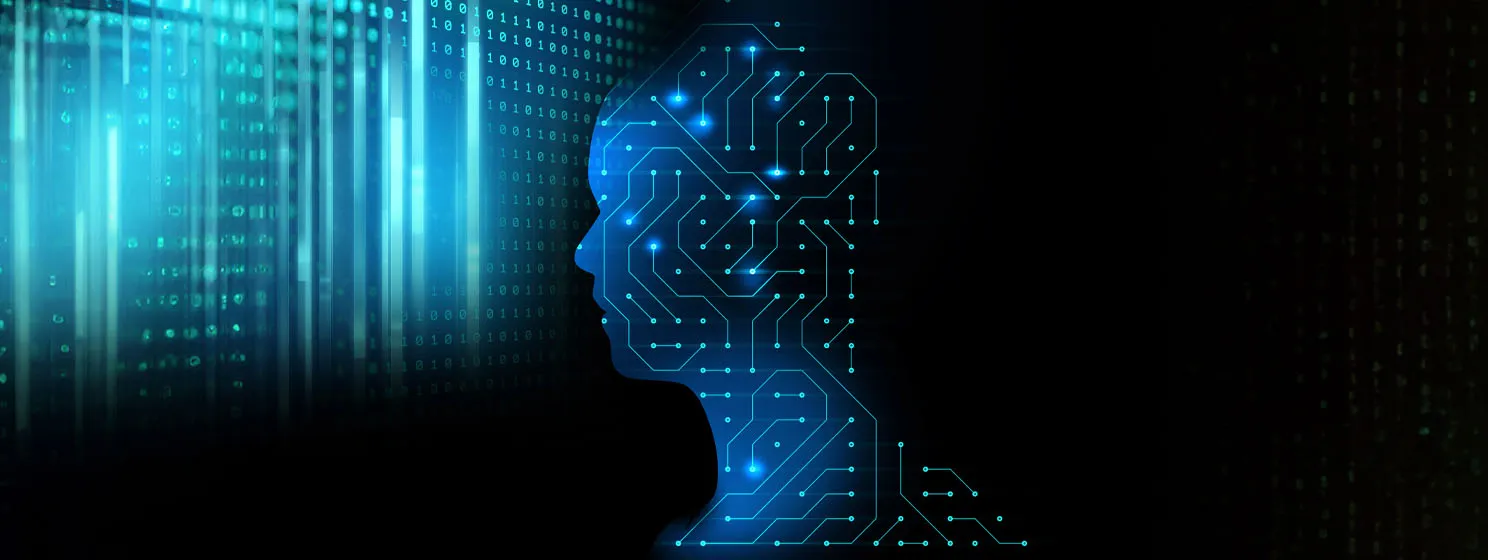
Monero
BTC miners hope May flowers make investors forget Q1 showers
The BTC token crossing the $100K threshold in the first week of May brought joy to miners amidst record-high network...
Minting plan B
Ray Dalio, the hedge-fund grandee who delights in spotting tectonic shifts, has declared that the global monetary order is "on...
Kurt Wuckert Jr. talks scaling Bitcoin at The Subversive Spectrum podcast
Kurt joined The Subversive Spectrum podcast, where he talked about privacy, the need to scale Bitcoin, how little ‘crypto’ has...
‘Crypto’ anti-money laundering efforts need to incorporate tradfi tools
Chainalysis details the extent to which money launderers use blockchain “to launder funds from a broader range of illicit activities...
Papers associated with Bitcoin and related topics in Law: Part XXII
Bitcoin was created in line with the law, yet many misconceptions about the technology and blockchain, remain, including with regard...
Huobi delists Monero, Zcash and other privacy coins amid regulatory pressure
Huobi also axed Verge and DASH “in compliance with the latest financial regulations” at a time when several regulators have...

 06-30-2025
06-30-2025 






























